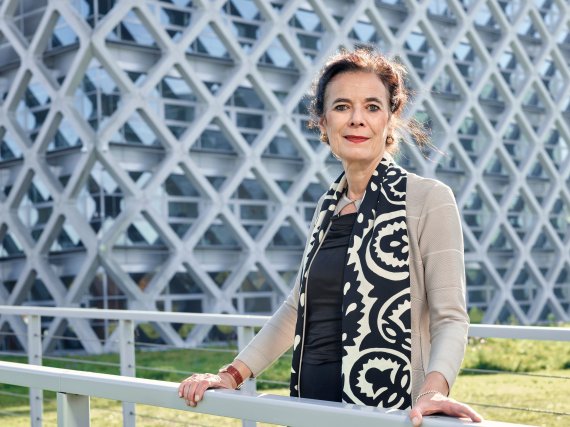In the 4TU Federation, the four Dutch science and technology universities pull together to build and share technological knowledge. At the end of October, the federation presented five new research programmes to the government in The Hague, which were allocated 22 million euros. In these programmes, the four science universities run research on personalized medicine, disease prevention and cure, ‘smart’ industry, a resilient society and the global food issue. By appointing 44 tenure-trackers, the federation invests in research for the long term. The aim is that the researchers set up their own research projects under these five themes, obtain funding and take on PhD students. The overarching theme is ‘high tech for a sustainable future’.
Four years ago, Fresco entered into discussions on WUR’s behalf with the then 3TU, with the idea of turning it into 4TU. ‘You can see a massive demand in society for technologists who are also sensitive to social and ecological issues. It was logical to join forces.’ Another motive for collaborating, in Fresco’s view, is that ‘our’ kind of education is more expensive than the average education. ‘We thought it was in the interests of the Dutch economy to increase the visibility of the four universities. You can now see that the government in The Hague has understood the potential of 4TU.’
At the meeting in The Hague, Fresco took over the role of chair from Victor van der Chijs (Twente University). The future of 4TU now focuses on improving scientific collaboration, including in the area of education. It must also improve the mobility of PhD students and postdocs. ‘We are not changing direction, but we are gaining something additional. Access to knowledge, people and talent.’

 Photo: Jeroen Hofman
Photo: Jeroen Hofman